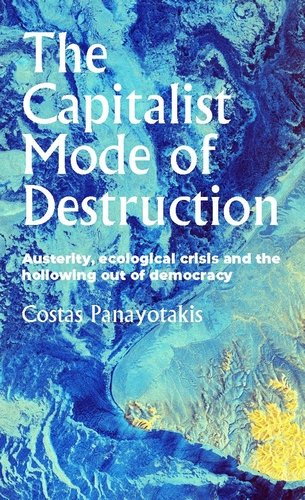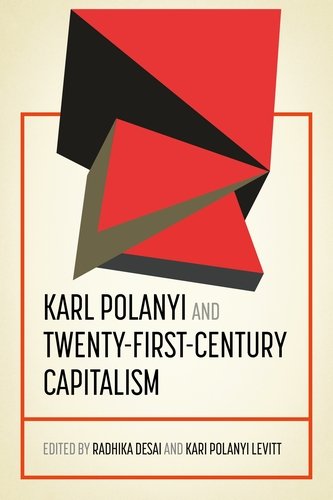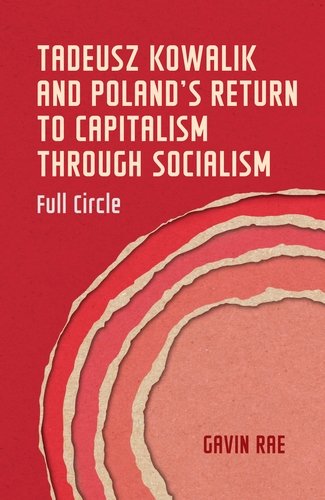The capitalist mode of destruction
Austerity, ecological crisis and the hollowing out of democracy
This book interprets contemporary capitalism's economic, ecological and democratic crises as manifestations of a previously unrecognized contradiction: over time the benefits from capitalism's technological dynamism tend to decline even as its threats for humanity and the planet escalate. To explain this contradiction, Panayotakis rethinks the production and distribution of surplus in capitalist societies. Identifying the public sector and households as sites of surplus production as important as the capitalist workplace, this book attributes capitalism's increasing destructiveness to working people's lack of control over the surplus they produce. Only a classless society, in which working people democratically control the surplus, can reverse our current trajectory. Identifying such a democratic classless society as the essence of the communist ideal, The capitalist mode of destruction shows this ideal to be as relevant as ever. -- .
Costas Panayotakis is Professor of Sociology at the New York City College of Technology at the City University of New York





